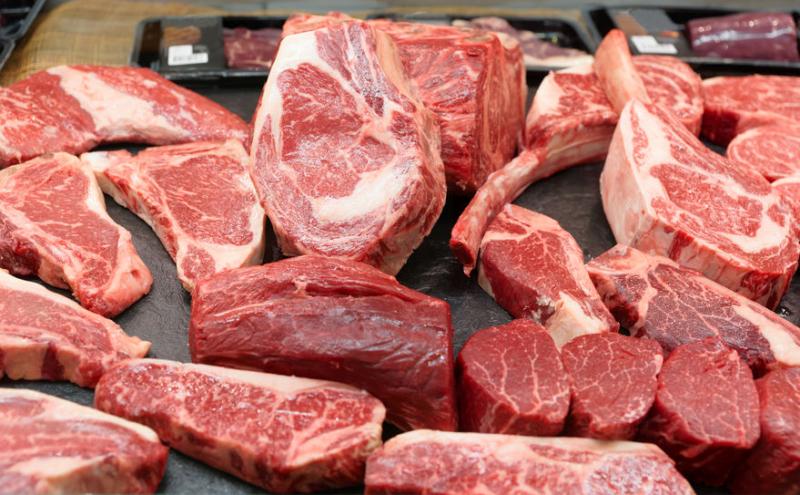
Great strides are being taken throughout the UK meat supply chain to reduce its collective carbon footprint, a new report has found.
Not-for-profit organisation WRAP has published a progress report one year after announcing the UK meat sector's aim to halve the amount of meat wasted each year.
Farming groups such as the NFU, the National Pig Association and the British Poultry Council worked closely with the sustainability charity to develop the ‘Meat in a Net Zero World’ initiative, launched in June 2020.
Along with other trade bodies, retailers and meat processors, they signed up to the programme and pledged to work together to reduce waste, improve productivity and cut emissions.
At the time of launching, WRAP estimated that more than 380,000 tonnes of meat, worth £3bn, was wasted each year from production through to the consumer, measuring more than 4 million tonnes in CO2 equivalents.
The initial report stated this waste must be prevented to help the UK’s target of a net-zero economy by 2050, as well as the NFU’s net-zero vision for farming.
Since then, WRAP's new progress report, released this week, found that 60% of business supporters have set net-zero or GHG reduction targets across the whole supply chain, including agricultural emissions.
Retailers and processors have reported a significant and increasing amount of R&D activity being focused in priority areas, such as feed innovations, the report found.
And meat processors have reported a collective reduction in food waste of more than 20,000 tonnes – an average 30 percent reduction.
However, WRAP's report also found that, as Covid-19 restrictions eased, households food waste appears to be increasing.
Karen Fisher, head of climate action strategy at WRAP said: “Whilst the call to eat less meat is widely acknowledged, we recognise that there is still a role for meat produced to high welfare, climate and environmental standards in our diet.
"Against the backdrop of the unprecedented challenges that the Covid crisis has presented, the industry has taken some important steps forward.
"The momentum is building, the need for change is widely recognised and this is reflected in the number of new businesses and wider organisations joining this commitment.”
NFU livestock board chairman Richard Findlay added that the collaboration played an important role in supporting the union's vision of net-zero agriculture by 2040.
“When it comes to primary production, having a shared goal and strategy is helping to make sure all livestock farmers are moving in the right direction," he said.
"It is important that we continue to consider every part of the supply chain to maximise reductions.
"This includes opportunities to reduce waste at home and in the food service sector, which is going to be crucial if we are to reach our national net-zero goal.”
